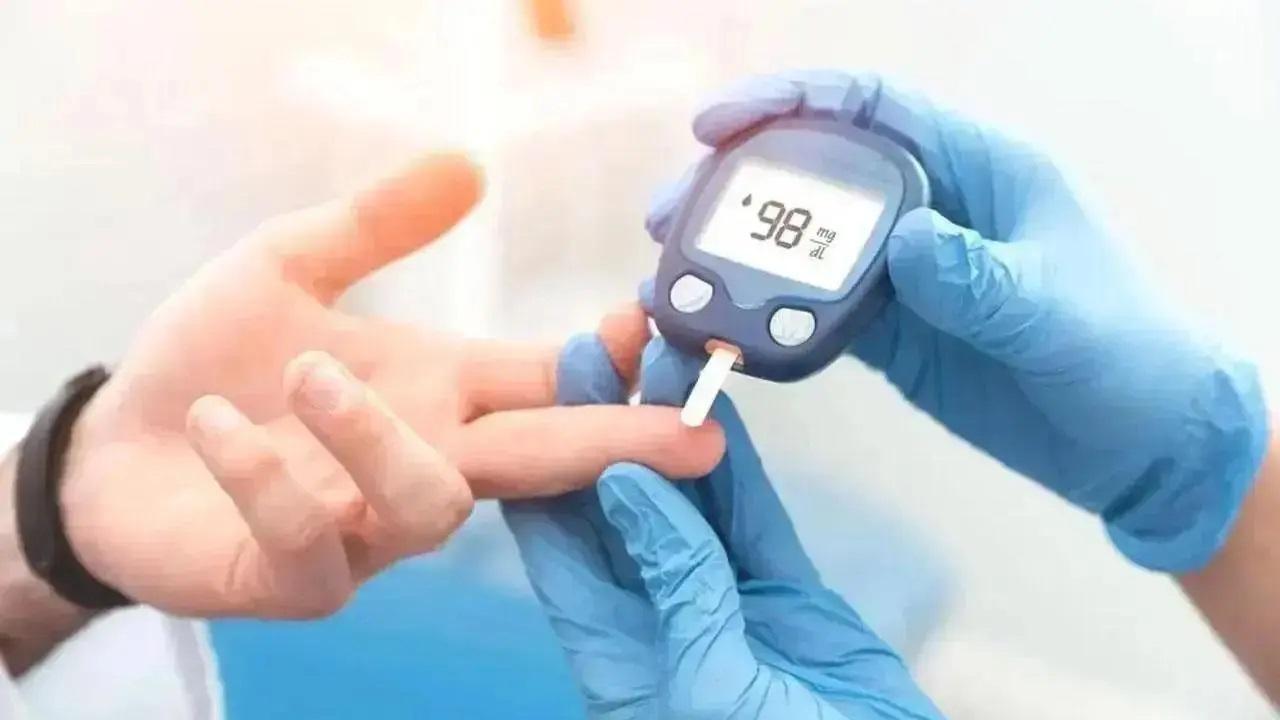People suffering from Type 1 diabetes -- an autoimmune disease that results in the loss of beta cell mass -- have insulin deficiency and hence need lifelong insulin therapy

Image for representational purpose only. Photo Courtesy: istock
A diet low in carbohydrates could be beneficial for children and young adults with Type 1 diabetes, claimed a study.
People suffering from Type 1 diabetes -- an autoimmune disease that results in the loss of beta cell mass -- have insulin deficiency and hence need lifelong insulin therapy.
Researchers from Charles University and Motol University Hospital in the Czech Republic showed that a short-term low-carbohydrate diet led to an improvement in glycemic parameters.
To achieve optimal metabolic control, T1D requires frequent insulin administration and daily control of carbohydrate intake and physical activity. While the targets are often missed, especially in children and adolescents, dietary interventions can be a promising way to achieve the goal, said the team.
A low carbohydrate diet (LCD) is defined by American Diabetes Association (ADA) for adults as more than 130 grams of carbohydrates per day or less than 26 per cent of daily recommended energy intake from carbohydrates.
The study comes amidst clinical guidelines from the International Society for Pediatric and Adolescent Diabetes (ISPAD) recommending against low carb diet for children and adolescents with or at risk for developing diabetes.
Despite ISPAD’s recommendation of 45-50 per cent of daily energy intake from carbohydrates for children and young people with type 1 diabetes, there is growing evidence that carbohydrate reduction is a popular strategy, the team said.
For the study, they investigated whether a short period of tightly controlled low-carbohydrate diet leads to a higher time in range without increasing the associated risks in children and young people with diabetes.
They included 35 children and young people with type 1 diabetes in a randomised controlled cross-over study. The interventions were five and five weeks of ready-made food box deliveries of isocaloric diets in random order: either a low-carbohydrate diet (LCD) or recommended carbohydrate diet (RCD).
Children are known to be at risk of hypoglycemia -- a condition when blood sugar levels drop too low -- with a low-carb diet.
However, the study results published in the journal Diabetes Research and Clinical Practice showed that short-term LCD led to an improvement of glycemic parameters without increasing time in hypoglycemia.
It did not “disturb the lipid profile or negatively affect the quality of life of children and young people with diabetes”, said the researchers.
This story has been sourced from a third party syndicated feed, agencies. Mid-day accepts no responsibility or liability for its dependability, trustworthiness, reliability and data of the text. Mid-day management/mid-day.com reserves the sole right to alter, delete or remove (without notice) the content in its absolute discretion for any reason whatsoever.
 Subscribe today by clicking the link and stay updated with the latest news!" Click here!
Subscribe today by clicking the link and stay updated with the latest news!" Click here!








